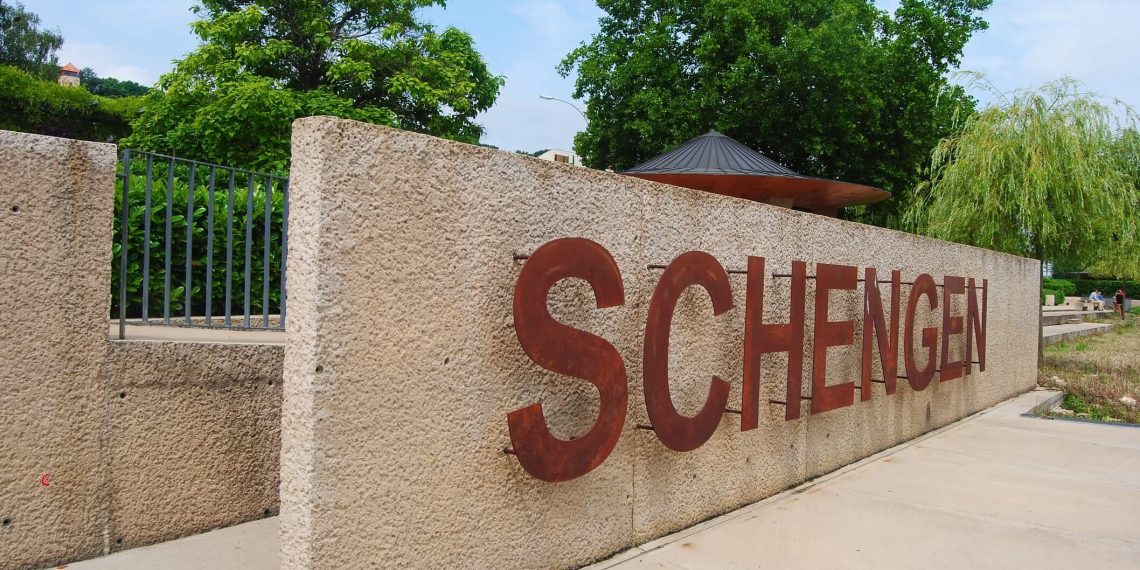Starting from March 31, 2024, citizens of third countries without a European Union passport will need to consider their time spent in Romania and Bulgaria as time spent in the Schengen Area. This change comes as a result of an agreement between Romania, Bulgaria, and Austria, known as “Air Schengen”.
Moldovans without citizenship are among those expected to be affected by the new changes. They will need to be mindful of the time spent in Romania, as this will impact their eligibility to stay in other Schengen countries and vice versa. It is important to note that the total period of stay in the Schengen Zone cannot exceed 90 days within a 180-day period.
Romania’s Foreign Minister, Luminița Odobescu, expressed hope for land border accession to occur by the end of the year. However, Austria’s Interior Minister, Gerhard Karner, has mentioned that Austria continues to maintain its veto for land border accession, citing concerns related to irregular migration.
In December 2023, Bulgaria, Romania, and Austria agreed on an “Air Schengen” proposal, which includes four conditions for these two countries to join the Schengen Area. The Council of the European Union has stated that the date for land border accession will be decided after March 31, 2024.
From April 1, 2024, Sofia and Bucharest are expected to begin issuing Schengen C visas. This type of visa allows entry and stays in the Schengen Area for up to 90 days within a 180-day period for various purposes, including tourism, business, visiting family and friends, journalism, official visits, and study purposes, among others. These recent developments are set to have an impact on travel for citizens of third countries in the coming years.
Still have some travel questions? Ask in our Travel WhatsApp Group.








